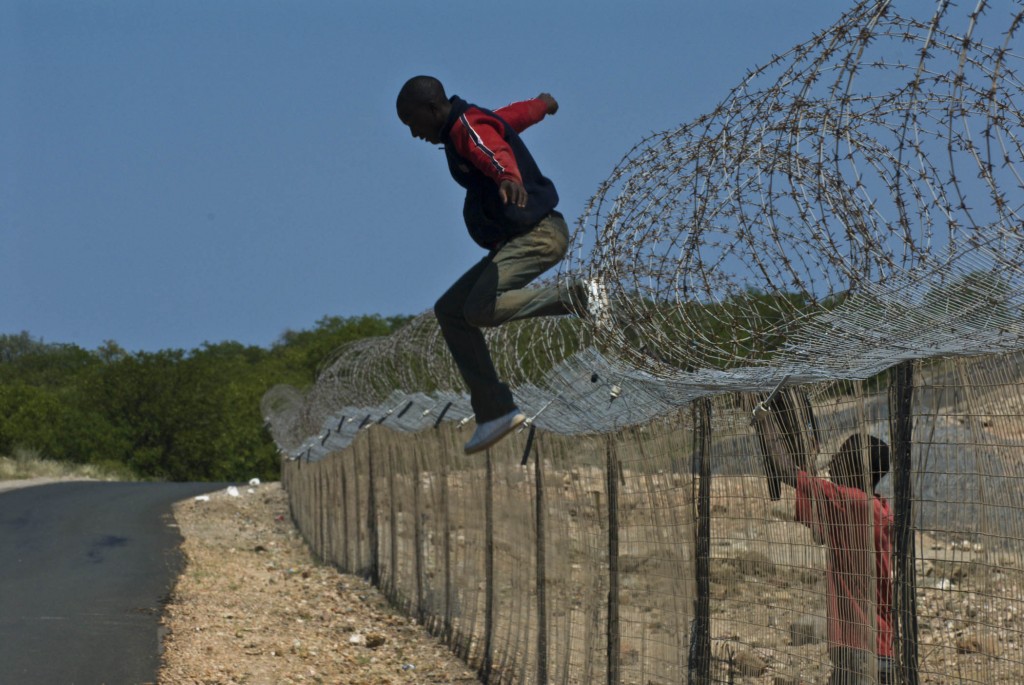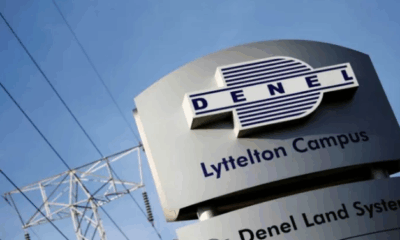Business
New Labour Laws in South Africa: Balancing Jobs and Migration with Compassion

Government takes bold steps to protect South African workers while safeguarding the dignity of migrants
In a move that’s as much about justice as it is about jobs, the South African government has introduced a long-awaited overhaul of how it manages undocumented migration and labour in the country. The Employee Services Amendment Bill and the National Labour Migration Policy, recently approved by Cabinet, represent a shift in tone—one that tries to balance the rights of South African job seekers with the humanity of migrant workers.
A growing crisis of unemployment and inequality
South Africa has one of the highest unemployment rates in the world. Nearly 43.1% of working-age adults are jobless, and among youth, that figure soars to an alarming 72%. At the same time, the country remains a beacon of hope for people fleeing economic turmoil, conflict, and failed states across Africa and beyond—from Zimbabwe and Mozambique to Somalia and even South Asia.
These migration flows, while rooted in hardship, have collided with South Africa’s own struggle to provide jobs and decent wages. In recent years, tensions have simmered—sometimes boiling over in deadly xenophobic violence—as desperate locals feel edged out of opportunities by undocumented migrants, many of whom are exploited by employers willing to bypass labour laws.
Not about xenophobia, but fairness
The new policies make one thing clear: this isn’t about closing borders or demonising migrants. It’s about setting limits where needed and enforcing rights where they already exist.
The Employee Services Amendment Bill will introduce employment quotas for documented foreign nationals in certain sectors—excluding small businesses with 10 or fewer employees. The Minister of Labour will also have the authority to tighten these limits in vulnerable sectors like farming, domestic work, construction, and hospitality, where exploitation is most rampant.
“We must prioritise jobs for South Africans, yes,” says a COSATU spokesperson, “but we must also protect the dignity of migrant workers who are often invisible, abused, and terrified to speak out.”
The problem with looking the other way
For years, many employers have chosen undocumented migrants for low-wage jobs, knowing these workers have little power to push back. Exploited workers are often paid below the legal National Minimum Wage, denied proper working conditions, and dismissed without recourse if they complain.
South African labour law actually extends protection to all workers, regardless of nationality or documentation status. But enforcement has been patchy at best. That’s why the government now plans to expand its labour inspectorate from 2,000 to a massive 22,000 officers by 2026, targeting high-risk sectors with the help of unions like COSATU.
Managing migration at the border, not just the workplace
In parallel, the Immigration Amendment Bill is also in the works. It proposes that asylum seekers apply at ports of entry, rather than after entering the country. This could help bring order to the system and ensure genuine refugees receive support, while discouraging irregular crossings.
The Department of Home Affairs, long plagued by delays and corruption, is also being restructured to speed up processing and enforce accountability.
Securing borders with dignity
South Africans have grown accustomed to viral images of migrants crossing the Limpopo River or slipping through Kruger National Park—a symbolic reminder of just how porous our borders have become. While building a wall isn’t feasible or humane, there’s a renewed push to strengthen the Border Management Authority, South African Police Service, and National Defence Force with training, vehicles, and boots on the ground.
“We don’t want to criminalise poverty,” one senior official noted, “but we also cannot allow chaos to undermine national security or economic stability.”
A bigger vision: Africa’s shared future
South Africa’s government is also clear that this isn’t a problem it can solve alone. Regional instability and economic collapse in neighbouring countries are the real drivers of irregular migration.
As part of a longer-term solution, South Africa is leaning into continental efforts like the African Continental Free Trade Area (AfCFTA) to spur economic growth across borders. “We must lift the region together,” said a trade official, “or we risk sinking together.”
A delicate balancing act, but a necessary one
These new laws won’t fix everything overnight. But they mark a decisive step toward restoring trust in the system—for jobless South Africans and exploited migrants alike.
Handled with care, these policies can ease tensions, reduce abuse, and build a labour market that works for everyone.
As one local activist put it on social media:
“This is not about pushing people out. It’s about pulling people up—together.”
South Africa’s challenge is clear: honour the legacy of ubuntu while protecting the rights of all who live and work within its borders. With these reforms, the government is finally trying to do both
{Source: IOL}
Follow Joburg ETC on Facebook, Twitter , TikTok and Instagram
For more News in Johannesburg, visit joburgetc.com



























